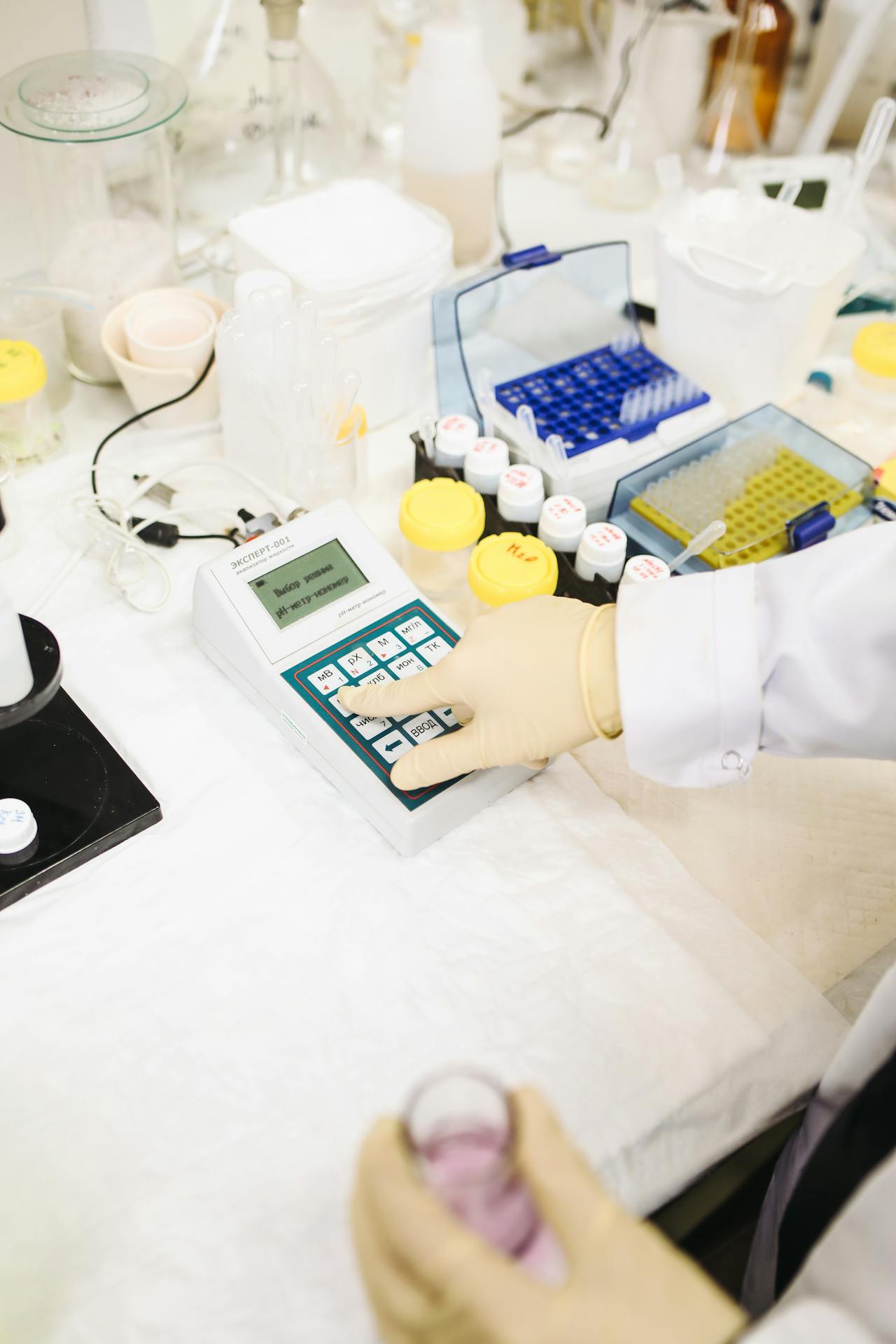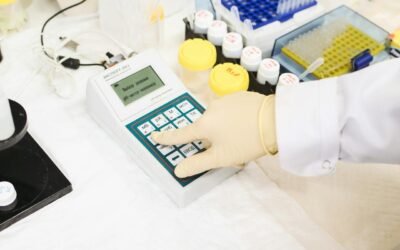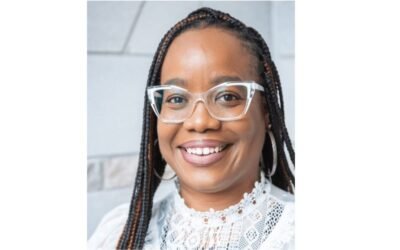Black-Owned Independent Pharmacy Opens In Toledo, Aims To Tackle Health Disparities


December 22, 2024
Anthony Pattin hopes to combat persistent health disparities in the Black Toledo community with his new pharmacy.
Anthony Pattin has opened up a pharmacy in Toledo, Ohio. With last week’s opening of the Junction Family Pharmacy, located at 1339 Dorr St., the community will now be able to get its medication and medical needs from an independent Black-owned pharmacy. Pattin’s goal is to combat health disparities in the community pharmacy sphere, and with more than 15 years of experience in the field as a professor at various schools, Pattin is qualified to do it.
Originally located in Buffalo, New York, Pattin decided to move back to his family home in Toledo. He told the Toledo Blade, “Actually going to New York and just being back in that space again, it let me know that I really want to do it. I thought about staying in New York and doing it, but I thought it would be great to come back with my family here, making it more of a family affair, being able to work with them, and also with my own community.”
As reported by Toledo Blade, Pattin seeks to fill the void left after Rite Aid pharmacy left the city.
Pattin recalled, “I was thinking of waiting maybe a year to do this but then this really pushed it forward. With [them] leaving, it just leaves a big hole and people from here have to travel all the way out.”
The announcement of Junction Family Pharmacy opening already has locals calling in to transfer their prescriptions to the Black-owned independent business. The interest has fueled Pattin’s excitement to begin this new chapter in his life and to tackle the pervasive health disparities in Toledo’s Black community through the lens of a pharmacist.
“Another thing, too, is it just allows me to serve patients that look like me. I’ve worked in many other pharmacies where I haven’t had that opportunity,” Pattin told the outlet.
The father and husband opened up about what inspired him to start helping people. It began when he was still just a high schooler.
The 2003 Central Catholic High School graduate said, “What inspired me was I had an elderly neighbor in high school. I would help her, and she was having difficulty with her medication. She had to do mail order — which I didn’t understand any of that at the time — but I helped her sort it out.”
Pattin’s drive to bring more equitable care to the pharmacy scene is driven by his extensive education. He received his undergraduate degree in pharmaceutical sciences and his doctorate of pharmacy from the University of Toledo and then went on to complete his residency at the Community Pharmacy Residency Program with Kroger.
His research in school was focused on African African-Americans’ perceptions of vaccines, and he admitted that it helped guide his understanding of the diverse perspectives of the medical industry from the Black community now.
“I learned a lot. One thing is that not everyone feels the same way. I had a group of people who wanted vaccines but said ‘As a matter of fact, when I go to the pharmacy, they don’t offer it,’ and that’s how I found out that there are some pharmacies, even in their community, that didn’t offer that service,” Pattin said. “So that was a disparity — that you were saying that maybe they don’t want the service, but they don’t have it available.”
Pattin added, “And that’s what we’re seeing here because it’s not that people don’t want their prescription medications, but if they don’t have availability close by in their community, that’s going to be detrimental to their health. So that’s where we’re talking about the social determinants of health in terms of access, which is a big part of that.”
Pattin chose to open an independent pharmacy to offer personalized, compassionate care often missing in larger, high-volume pharmacy chains.
“The biggest thing is talking with people. You have to really talk with people and get to know them, and that’s just me. That’s me being here in the community, getting to know my patients. When they begin to trust you, they know that you’re really here for them,” Pattin expressed.
RELATED CONTENT: Pharmacy Closures Impact Minority Communities The Most










